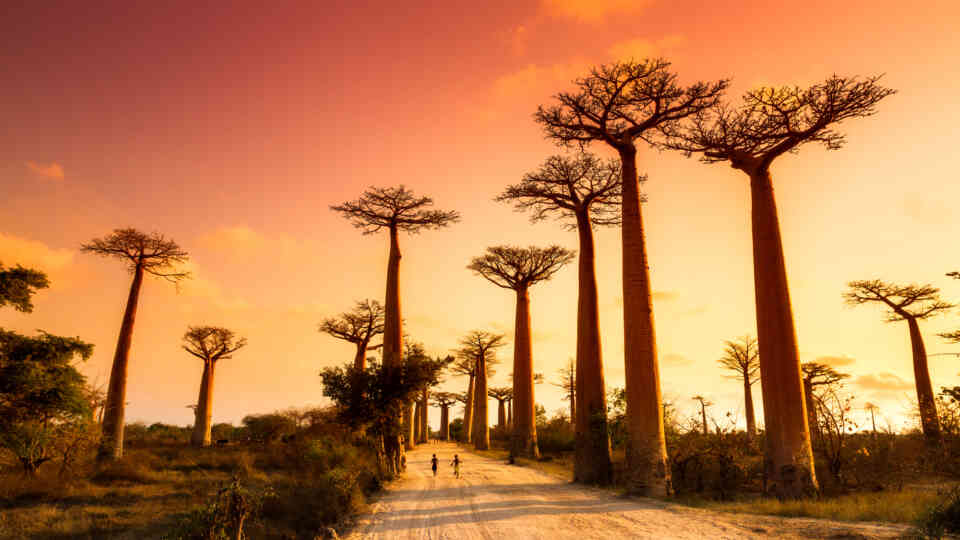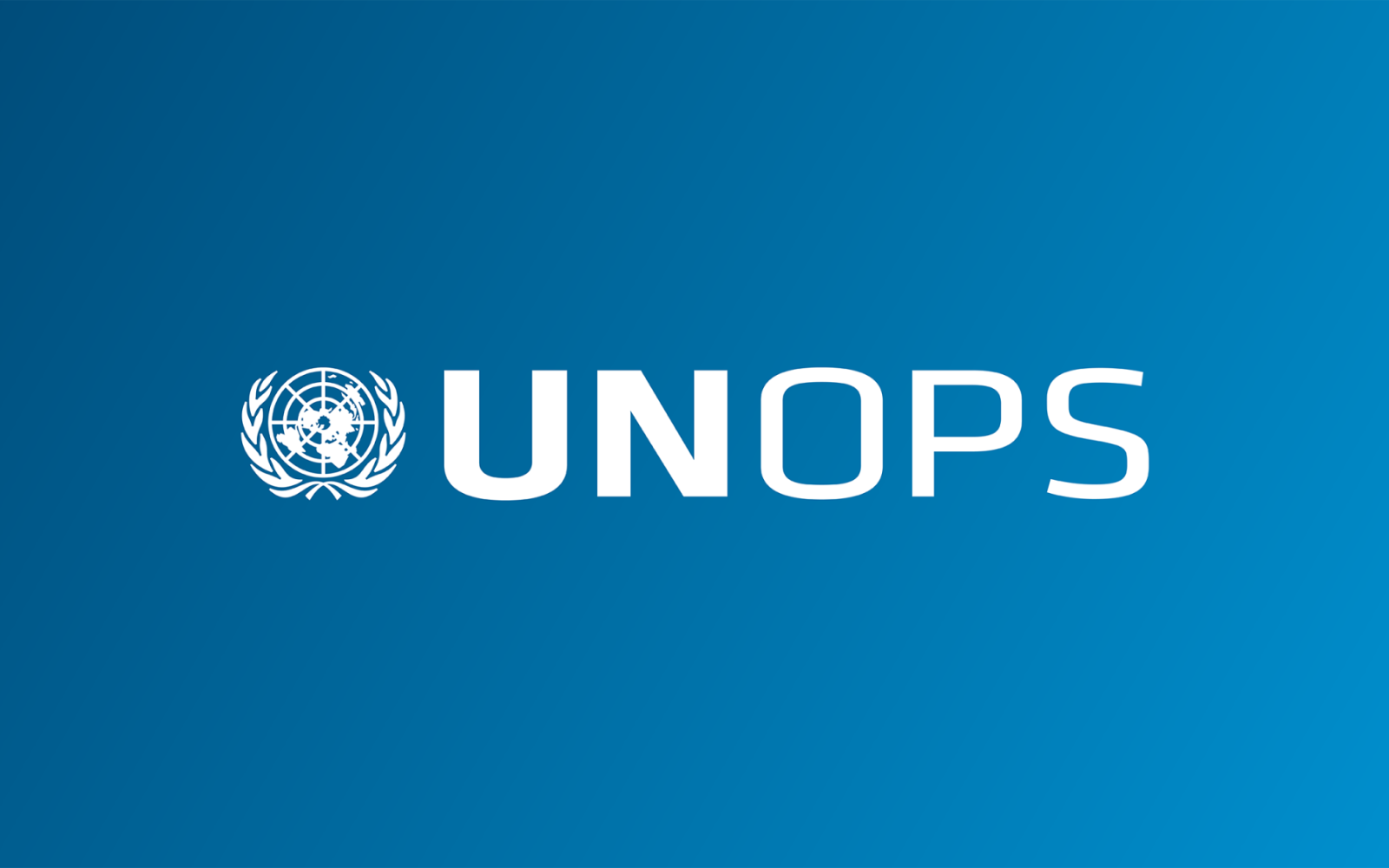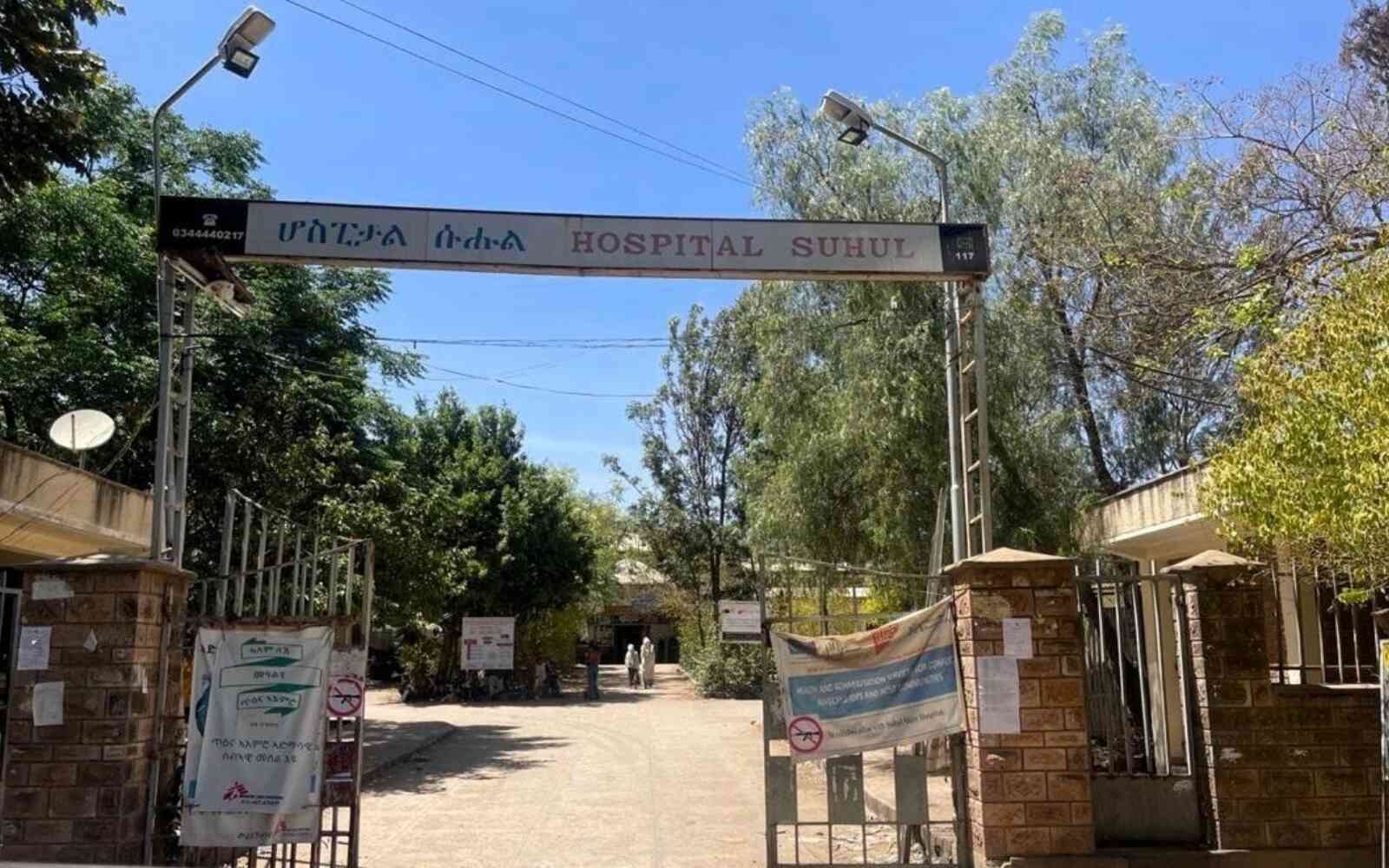The United Nations Office for Project Services (UNOPS)
Charting a course towards sustainable development in Madagascar
UNOPS Regional Director for Africa Dalila Gonçalves met with President Andry Nirina Rajoelina to discuss ways UNOPS can contribute to Madagascar's national development vision.
The high-level meeting focused on ways UNOPS and the government of Madagascar can work together to fast-track transformative projects across health, agriculture, infrastructure and renewable energy.
"Through this strengthened partnership with UNOPS, we are realizing our vision of equitable, sustainable and people-centred development," said President Andry Nirina Rajoelina.
"Together, we are providing concrete solutions to Madagascar’s structural challenges, empowering our rural populations and building the foundations for inclusive growth," he added.
What we are witnessing in Madagascar is not just development, it is transformation.
Together with the UN family and partners, UNOPS and the government of Madagascar are already working on several projects that are transforming healthcare access across the country and bringing innovation to Madagascar's agricultural heartlands.
To support Madagascar's healthcare goals, UNOPS is equipping 1,120 primary health centres with standardized medical equipment and reliable access to electricity, with 23 hospitals set to receive cutting-edge medical equipment. UNOPS also designed Madagascar's first Biosafety Level 3 laboratories, significantly strengthening the nation's capacity to respond to public health challenges.
UNOPS constructed solar-powered boreholes that are now providing clean water to over 340,000 people. Six additional solar-powered pumping stations under construction are expected to increase agricultural yields by 50 per cent for more than 15,000 people in the drought-prone southeast region.
UNOPS is also deploying advanced geocell technology to rehabilitate 17 kilometres of rural roads to support climate-resilient transportation networks essential for getting agricultural products to market.
"By harnessing solar power for irrigation and deploying climate-smart road technology, we are helping build systems that will sustain communities through climate challenges while creating pathways to prosperity for rural farmers, "said Dalila Gonçalves.
Read more here (in French).













